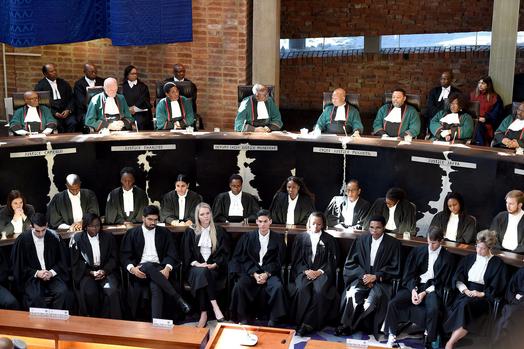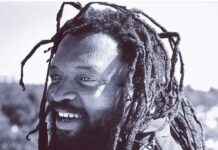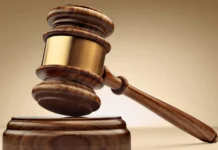The Constitutional Court has upheld a ruling by Western Cape High Court Judge Dennis Davis that it was legal for South Africans to grow cannabis – known locally as dagga – for personal use.
In a landmark ruling on Tuesday morning, South Africa’s highest court dealt a blow to the Minister of Justice when it dismissed the appeal against Judge Davis’s judgment.
Deputy Chief Justice Raymond Zondo, announcing a unanimous verdict, said that certain sections of the legislation covering the use of cannabis was unconstitutional. This means that “no adult will be arrested for being in possession of dagga for personal use in South Africa”.
I am of the view that the prohibition of the performance of any activity in connection with the cultivation of cannabis by an adult in private for his or her personal consumption in private is inconsistent with the right to privacy entrenched in the Constitution and is constitutionally invalid,” said Zondo in his ruling.
 dagga
dagga
The National Prosecuting Authority had hoped the Constitutional Court would overturn the ruling of the Western Cape High Court. Ministries of Health, Police, Trade and Industry and Justice and Constitutional Development had joined forces with the NPA to appeal the Western Cape ruling.
There were ululations inside and outside court after Zondo finished reading the historic judgment.
Zondo pointed out that Parliament now has 24 months to repeal laws that banned smoking and cultivation of dagga in private homes. Zondo also left it to Parliament to stipulate grams that one can possess in their private home.
But the ruling does not legalise sale of dagga nor public use.
In March last year, the Western Cape High Court handed down a ruling that declared sections of the Drugs and Drug Trafficking Act invalid and unconstitutional after an application brought by Rastafarian lawyer Gareth Prince, an advocate for the decriminalisation of marijuana.
Prince argued that the criminalisation of dagga use, and the possession of it, was a violation of individuals’ right to equality, dignity, and freedom of religion.
Source: The Citizen






